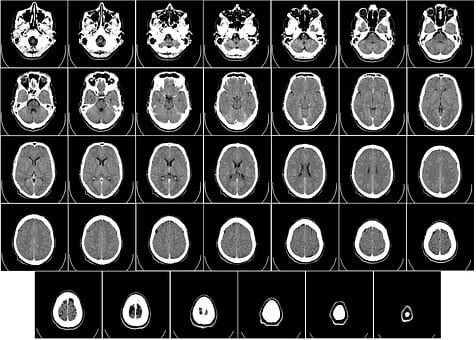s I was taking my morning dose of Advil (4 tablets rather than 2), I was curious about my future as a caregiver and what being a caregiver was doing to me personally. So I thought I would look up to see if any research had been done on that topic. The Family Caregiver Alliance had a nice comprehensive summary of what research says on their website. I caution you though, that if you are the receiver of care, this might make you feel guilty and if you are the caregiver, it might make you feel depressed. That is not my intent. I think these facts are important to realize; however, so that appropriate decisions can be made for everyone’s future.
Mental and Emotional Health Impact of Caregiving
- Caregivers have higher levels of depression (40-70% have signs of clinical depression).
- They often have coexisting anxiety disorders, substance abuse or dependence, or chronic health disease along with depression.
- Caregivers have higher stress levels experiencing symptoms of frustration, anger, feeling drained, guilty or helpless.
- They report feeling a loss of self identity, lower levels of self esteem, constant worry; feelings of uncertainty, less self-acceptance and feel less effective and in control of their own lives.
- More than one-fifth (22%) are exhausted when they go to bed at night and feel they cannot handle all their caregiving responsibilities.
- Caregivers who experience chronic stress may be at greater risk for cognitive decline including short-term memory, attention and verbal IQ.
Studies indicate that stressful caregiving situations may result in the caregiver participating more often in the use of alcohol or other substance abuse and caregivers often use prescription and psychotropic drugs more often than non-caregivers. In addition, family caregivers are at greater risk for showing higher levels of hostility. Over time as clinical depression increases and the person they are caring for shows greater impairment in mental and physical dependency, the caregiver is more likely to engage in harmful behavior toward their loved one if they themselves have become depress. Depressed caregivers also show a greater incident of suicide.
Caregiving Impact on Physical Health
- Eleven percent (11%) of caregivers say their own health has declined since taking on caregiving responsibilities.
- Caregivers have a lower level of subjective well-being and physical health. In 2005, three-fifths (45%) of caregivers reported fair or poor health status, one or more chronic conditions, or a disability, compared to one-third (24%) of non-caregivers.
- Caregivers suffer from increased rates of physical ailments (including acid reflux, headaches, and pain/aching), increased tendency to develop a serious illness, and have high levels of obesity and bodily pain.
- Studies show that caregivers have a diminished immune response leading to frequent infection and increased risk of cancer (caregivers have a 23% higher level of stress hormones and 15% lower level of antibody response). They also suffer from slower wound healing.
- Ten percent report they are physically strained.
- Caregivers exhibit exaggerated cardiovascular responses to stressful conditions which put them at greater risk for the development of cardiovascular syndromes such as high blood pressure and heart disease. They also are at greater risk for diabetes and higher levels of cholesterol.
- Women who spend 9 or more hours per week caring for a disabled spouse increase their risk of health disease two-fold.
to continue reading this blog, go to http://multiplesclerosis.net/living-with-ms/impact-of-caregiving/



